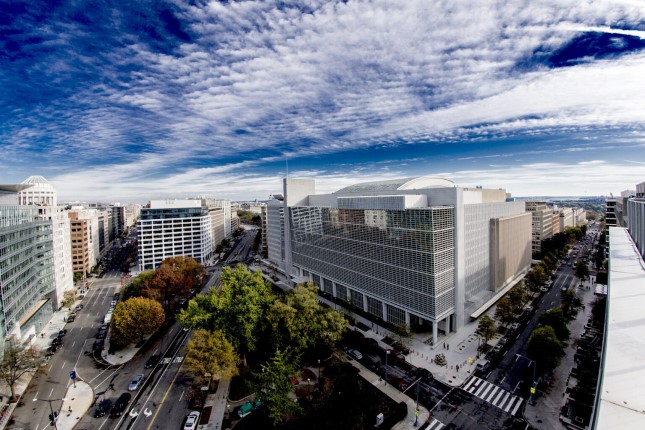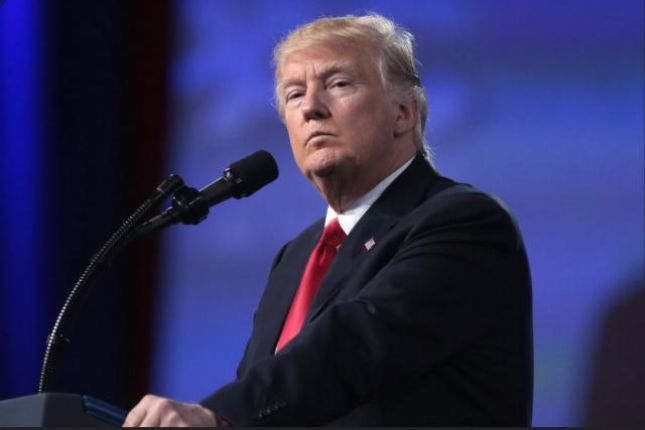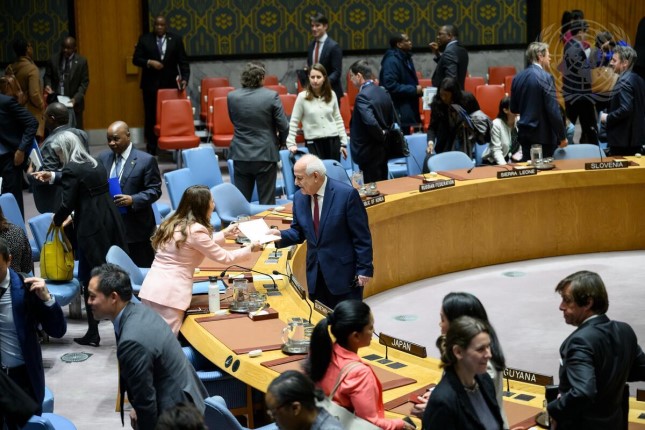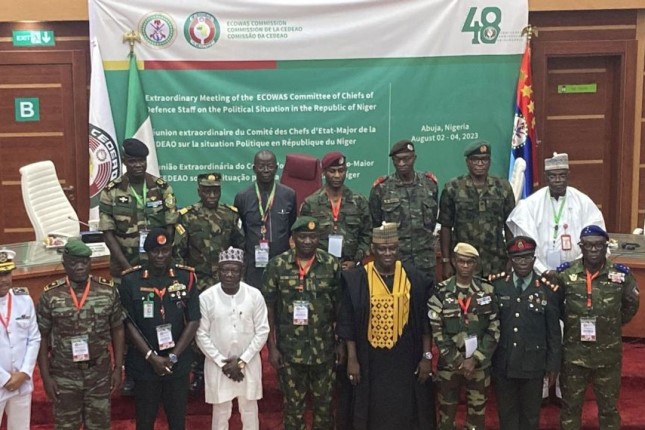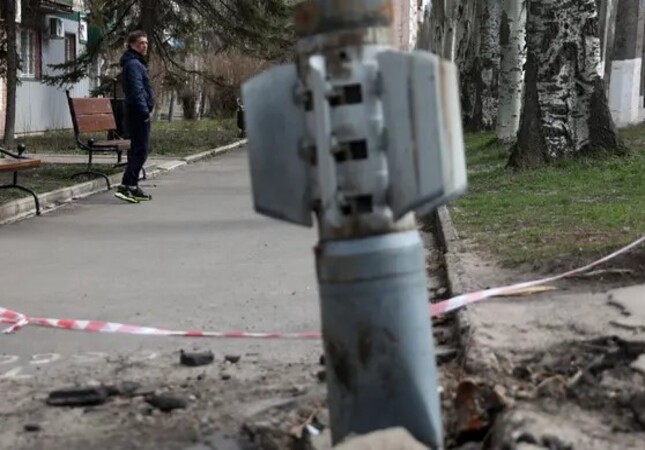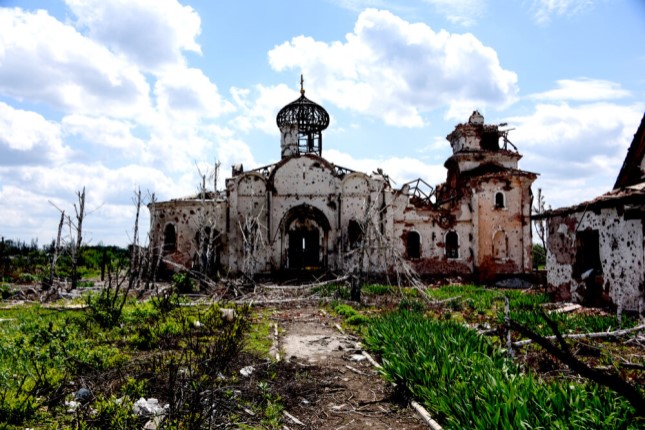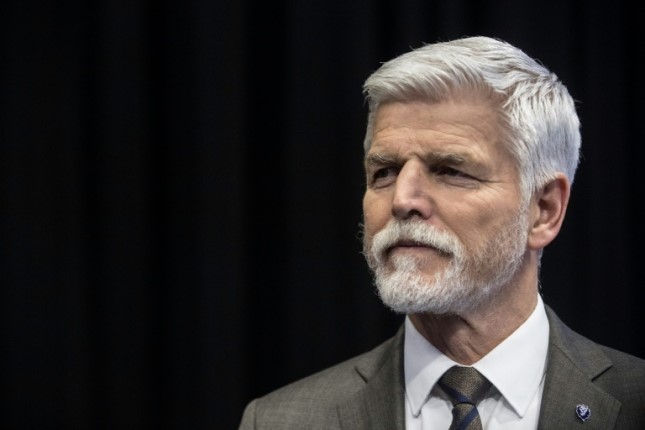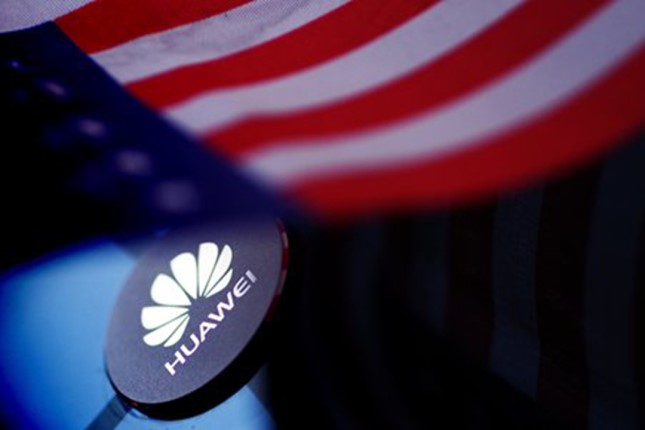The World Bank last week reached a conclusion that environmentalists have been hammering for decades: governments must use the trillions of dollars they spend annually to prop up fossil fuels, industrial agriculture and commercial fisheries on the climate crisis instead.
“People say that there isn’t money for climate but there is — it’s just in the wrong places,” Axel van Trotsenburg, senior managing director of the World Bank, said in a statement. “If we could repurpose the trillions of dollars being spent on wasteful subsidies and put these to better, greener uses, we could together address many of the planet’s most pressing challenges.”
According to the bank’s newly published report, “Detox Development: Repurposing Environmentally Harmful Subsidies,” governments around the world collectively spend at least $7.25 trillion each year — roughly 8 percent of global gross domestic product — to sustain the socially and ecologically damaging fossil fuel industry along with often destructive forms of farming and fishing.
Notably, the world needs to invest trillions of dollars each year in climate change mitigation, adaptation, and compensation, from ramping up clean energy production to strengthening the capacity of communities to withstand and recover from extreme weather. As van Trotsenburg suggested in a blog post, vast sums of public money to do just that are “hiding in plain sight.”
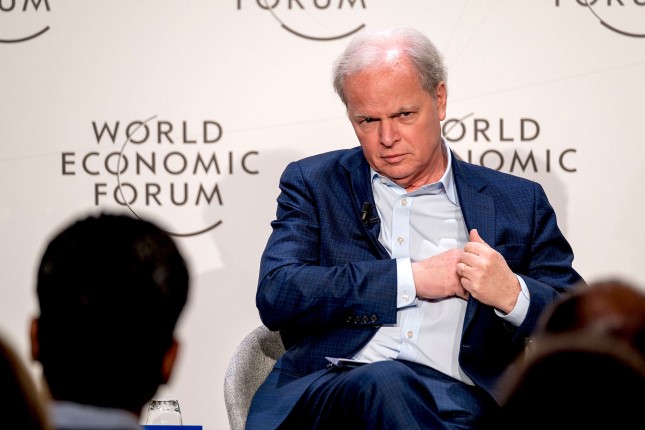
Axel van Trotsenburg, senior managing director with the World Bank at the World Economic Forum in January 2023. Photo: World Economic Forum, Flickr, CC BY-NC-ND 2.0.
Some of the annual support for fossil fuels, farming, and fishing comes in the form of more than $1.25 trillion in explicit subsidies, or direct government expenditures.
The report notes that governments provided $577 billion in 2021 to “artificially lower the price” of planet-heating coal, oil and gas. That’s nearly six times as much as the $100 billion of financing wealthy countries pledged to mobilize annually for climate action in impoverished nations starting in 2020 — a promise that has yet to be delivered.
“By underpricing fossil fuels, governments not only incentivize overuse, but also perpetuate inefficient polluting technologies and entrench inequality,” states the report. “Of all subsidies to the energy sector, about three-quarters go to fossil fuels.”
Explicit subsidies for agriculture are estimated to exceed $635 billion per year. Over 60 percent of this amount “is in the form of coupled support, which distorts producers’ decisions and leads to harmful environmental and economic impacts,” the report laments.
Explicit subsidies for fisheries are estimated to exceed $35 billion per year. According to the report, $22 billion of this constitutes “harmful subsidies that can lead to overcapacity and overfishing —often in international waters or the exclusive economic zones (EEZs) of low-income coastal countries.”
The problem is much larger than explicit subsidies, however. The report estimates that implicit subsidies for fossil fuels, farming, and fishing range from $6 trillion to $10.8 trillion per year. These are the indirect costs attributable to the three heavily subsidized sectors and the havoc they wreak on the health of the world’s air, land, and oceans and by extension, its people.
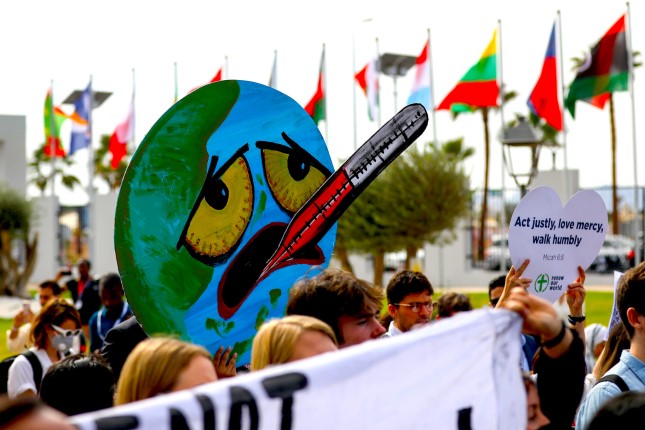
People’s Plenary, COP27, Sharm el-Sheikh, Egypt, Nov. 17. Photo: UNclimatechange / Flickr.
Implicit subsidies for fossil fuels amounted to an estimated $5.4 trillion in 2020. This includes “impacts from local air pollution, greenhouse gas emissions, road congestion, and forgone tax revenues,” notes the report.
Estimates of the annual value of implicit subsidies for agriculture vary. At the low end, the report says they could amount to anywhere from $548 billion to $1.1 trillion in damage caused by greenhouse gas emissions. Citing a study that takes into account the costs of greenhouse gas emissions (which those researchers put at $1.5 trillion), land degradation and biodiversity loss ($1.7 trillion), and pollution, pesticides, and antimicrobial resistance ($2.1 trillion), the report finds they could be as high as $5.3 trillion.
As the report says: “Subsidies incentivize excessive fertilizer usage to the extent that it suppresses agricultural productivity, degrades soils and waterways, and damages people’s health. More than half of global agricultural production now occurs in regions where fertilizer is suppressing rather than increasing productivity. This means there is significant room to reduce fertilizer use with positive impacts on crop production. Yet the opposite is achieved by subsidies, as excessive fertilizer application is not absorbed by crops and runs off into waterways. Inefficient subsidy usage is responsible for up to 17% of all nitrogen pollution in water in the past 30 years, which has large enough health impacts to reduce labor productivity by up to 3.5%. Agricultural subsidies are responsible for the loss of 2.2 million hectares of forest per year, equivalent to 14% of global deforestation. Agricultural subsidies in rich countries are driving significant tropical deforestation around the world. For instance, livestock subsidies in the United States drive deforestation in Brazil by increasing the demand for soybeans as feedstock. In turn, subsidy-driven deforestation causes the spread of vector-transmitted diseases—including 3.8 million additional cases of malaria each year, with an economic impact of up to $19 billion per year.”
“For fisheries, the largest implicit subsidy is the lack of regulations to prevent overfishing,” states the report. “Estimates suggest that the lack of regulations results in lost economic benefits of $83 billion per year.”
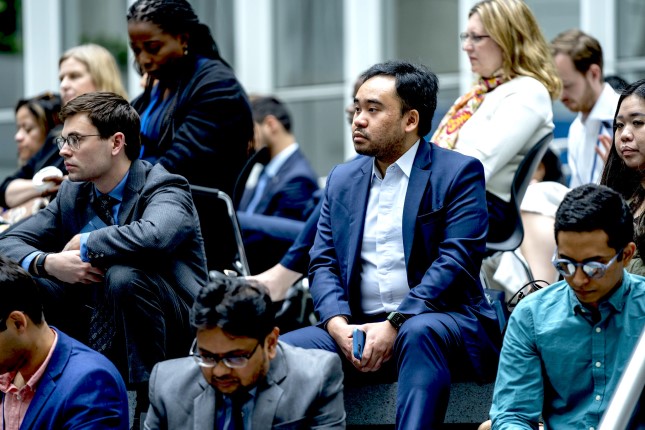
Attendees at a World Bank session in April on “investing in human capital to accelerate the green transition.” Photo: World Bank / Taylor Mickal, CC BY-NC-ND 2.0.
As van Trotsenburg pointed out in his blog post: “It’s not just about the money. Ending these colossal subsidies would also be good for people and the planet.”
“The burning of oil, gas, and coal causes 7 million premature deaths each year around the world through the toxic air that people breathe — a striking figure when you consider that it is roughly the same as the number of people who have died from Covid-19,” he wrote, citing the World Health Organization’s 6.9 million tally. “That burden falls mostly on the poor. Repurposing subsidies literally saves lives.”
Richard Damania, chief economist of the Sustainable Development Practice Group at the World Bank, said that “with foresight and planning, repurposing subsidies can provide more resources to give people a better quality of life and to ensure a better future for our planet.”
“Much is already known about best practices for subsidy reform,” Damania added, “but implementing these practices is no easy feat due to entrenched interests, challenging political dynamics, and other barriers.”
With the window for climate action rapidly closing amid a mounting debt crisis in the Global South, the World Bank stressed that “repurposing… wasteful subsidies will help ensure a green and just transition that can provide jobs and opportunities for all.”
For subsidy reform to be successful, “governments must compensate the most vulnerable groups through social assistance programs, like cash transfers,” the bank said. In addition, policymakers should:
- Build public acceptance through transparent communication;
- Give people and businesses time to adjust; and
- Show how freed-up revenue is being reinvested to support longer-term development.
“The world’s sustainable development goals are directly undermined by the roughly $1.25 trillion in explicit subsidies paid every year to fossil fuel, agriculture, and fishery sectors,” the World Bank observed.
“This report documents the hidden consequences of subsidies. It shows that subsidy reform can remove distorted incentives that obstruct sustainability goals, but it also can unlock significant domestic financing to facilitate and accelerate sustainable development efforts that would have greater, wider, and more equitable benefits.”
Main photo: World Bank Group headquarters in Washington, D.C. © Franz Mahr / World Bank / CC BY-NC-ND 2.0.
Source: Consortium News.
